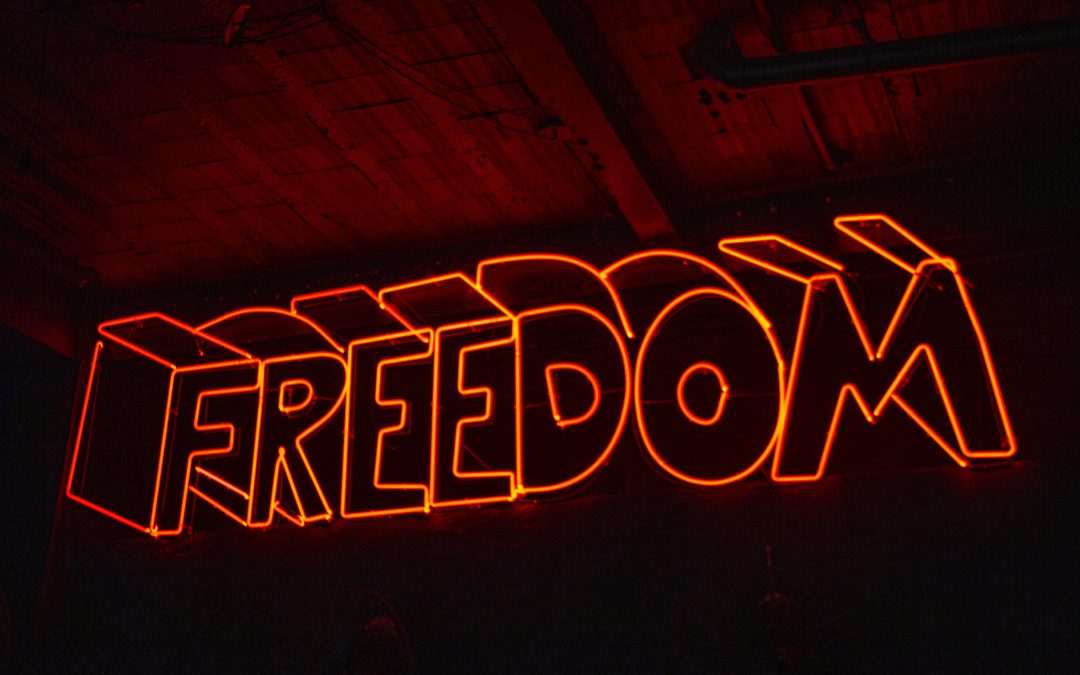Our soon-to-be released novel, In the Shadows of Freedom, poses some big political questions. But it didn’t start that way. In its original draft, the novel had a bit more of a superhero theme, with characters with superpowers and no overarching political outer conflict as you will find today.
What changed?
In thinking through the novel, we realized that there were enough superhero type books and movies out there, but no novels (to our knowledge) with a dystopian political regime focused on eliminating all laws and promulgating extreme freedom. It seemed like a unique dystopian premise: after all, freedom is utopian, not dystopian, right?
Freedom, Utopia, and Dystopia
Novels like Nineteen Eighty-Four, in reaction to the Communist Soviet Union, depict societies that are ultra-repressive and controlling, societies that attempt to brainwash the masses, controlling and monitoring their every thought and move. So what about a dystopian society with sheer, unadulterated freedom for all?
The novel (first of a trilogy) explores what happens when a society places individual autonomy above all else. Social Darwinism, which might be called “meritocracy” in polite circles, means that the best rise to the top and the rest do not. You can see where this is going. In a nation of the haves and haves not, what happens to those who aren’t the best and brightest? What happens to those that don’t fit into the direction the society is headed?
Freedom, Justice, and Mercy?
The Shadows of Freedom trilogy considers the concepts of freedom, justice, and mercy and how they should balance each other in a society. What happens when there is too much of one and not enough of the others? The trilogy attempts to answer that question.
In the first chapter, a character asks, “Will you seek a ‘freedom from’ or a ‘freedom for’?” That is a key question when considering the National Citizens Party and their agenda. It is a crucial question for all of us in fact. Are we seeking freedom from something: from suffering, from poverty, from boredom, from obscurity, from being unloved? Or are we seeking freedom for something: for doing the right thing, for living our ideals, for loving and serving others?
What about justice and mercy? Are they opposed? Can they go together? Does a just society necessarily need to be merciless? The National Citizens Party seeks the aggrandizement of the individual, but which individuals? And is justice anything more than the advantage of the stronger (as Socrates’ interlocutor stated early in The Republic)? Is there a place for mercy in the ruling of a modern society and how is it balanced with justice? And what happens to those who oppose the extreme “freedom” that the National Citizens Party promotes?
What About Eliminating Laws?
Finally a word about law. Isn’t it a good thing to eliminate bureaucracy, cut through red tape, and eliminate unnecessary laws? Yes, probably. However, the National Citizens Party seeks to do more, to go further: to eliminate nearly all laws in the name of personal autonomy and freedom.
So how exactly does extreme freedom lead to dystopia? I suppose you’ll have to read the series to find out, starting with In the Shadows of Freedom, releasing June 29. Enjoy!


